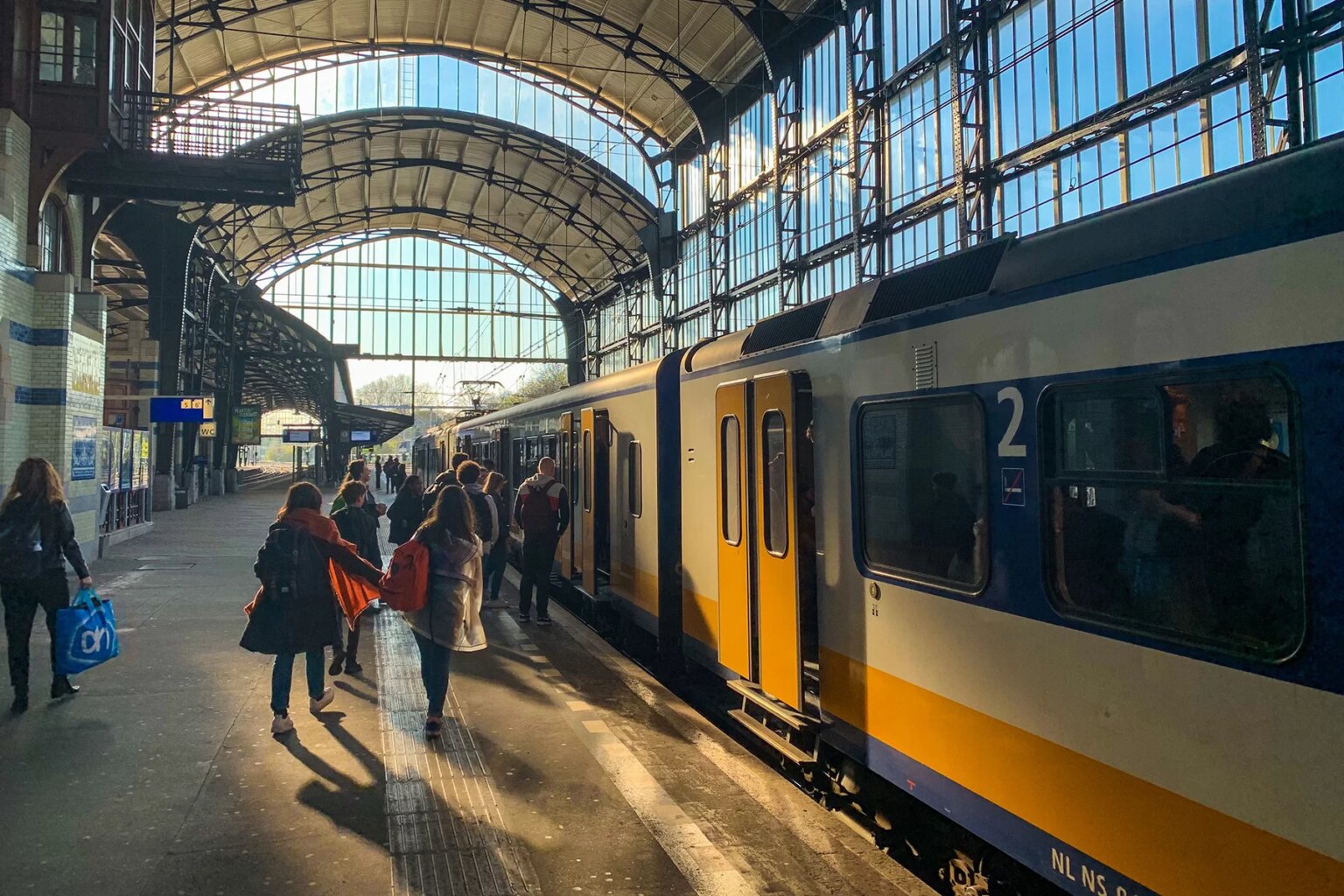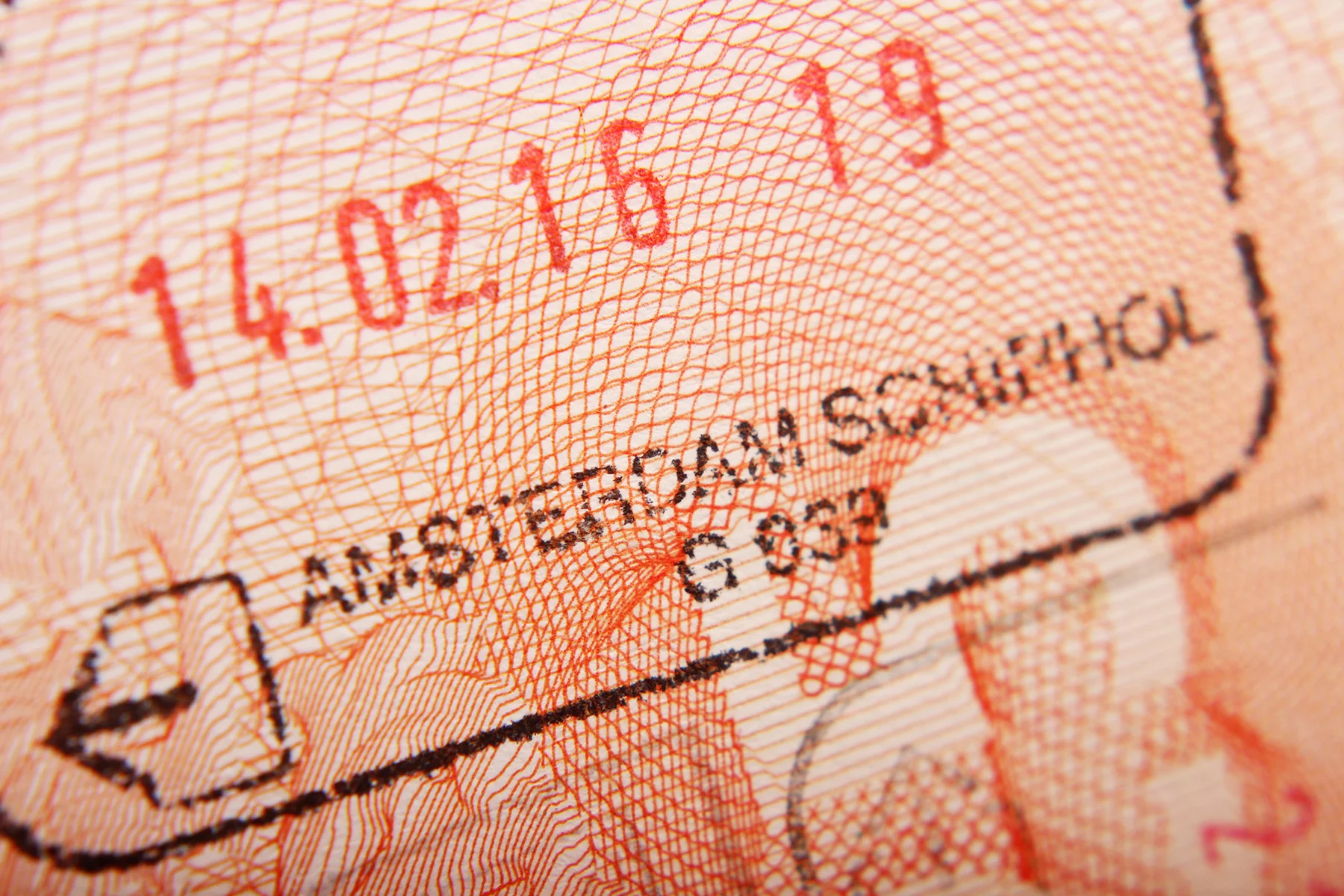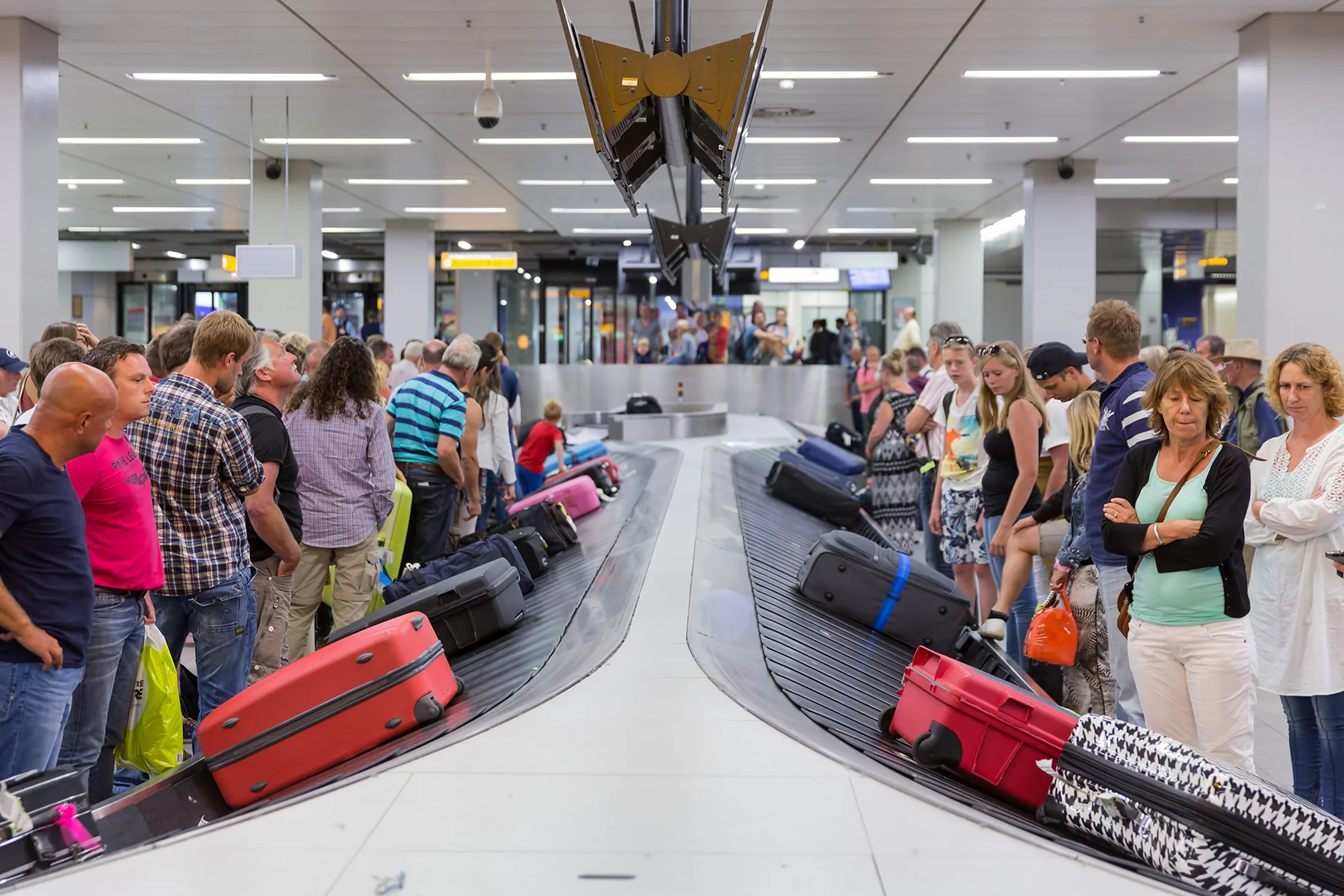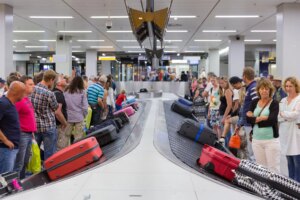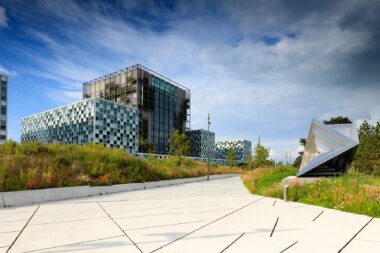The Netherlands has a high-skilled economy that attracts a lot of talent and entrepreneurship from overseas. Because of this, the Dutch government offers a range of residence permits for highly skilled migrants. Moreover, employers can submit fast-track applications for workers who wish to bring certain family members with them.
If you are a highly skilled migrant looking to relocate to the Netherlands, this article explains how you can obtain your permit and provides the following information:
- Work permits in the Netherlands
- What permits are available for skilled migrants in the Netherlands?
- Who can apply for a highly skilled migrant residence permit in the Netherlands?
- How to apply for a highly skilled migrant residence permit
- Working on a skilled migrant permit in the Netherlands
- Residence permits and citizenship for skilled migrants in the Netherlands
- Family reunion for skilled migrants in the Netherlands
- Useful resources
Kroes Advocaten
Kroes Advocaten Immigration Lawyers is a leading business immigration law firm in the Netherlands. Their clientele praise them for their outstanding client-oriented approach and rapid responses. Kroes Advocaten has an excellent reputation with the Immigration and Naturalisation Service (IND). So, whether you’re a business or individual, get in touch with Kroes Advocaten.
Work permits in the Netherlands
The Netherlands offers a variety of work permits that fall into three broad categories:
- Short-stay Schengen visa – These are usually issued for temporary work that lasts no longer than one year; for example, seasonal agricultural work
- General residence permit – This is the standard Dutch permit for general paid employment
- Highly skilled migrant residence permit – This is required for certain high-level senior or academic work, which often comes with minimum salary requirements
Most long-term work permits in the Netherlands fall into the highly skilled category. In general, highly skilled work permits last longer, are more easily renewable, and afford more rights to the holder. This usually includes the right to be accompanied or joined by family members at a later date.
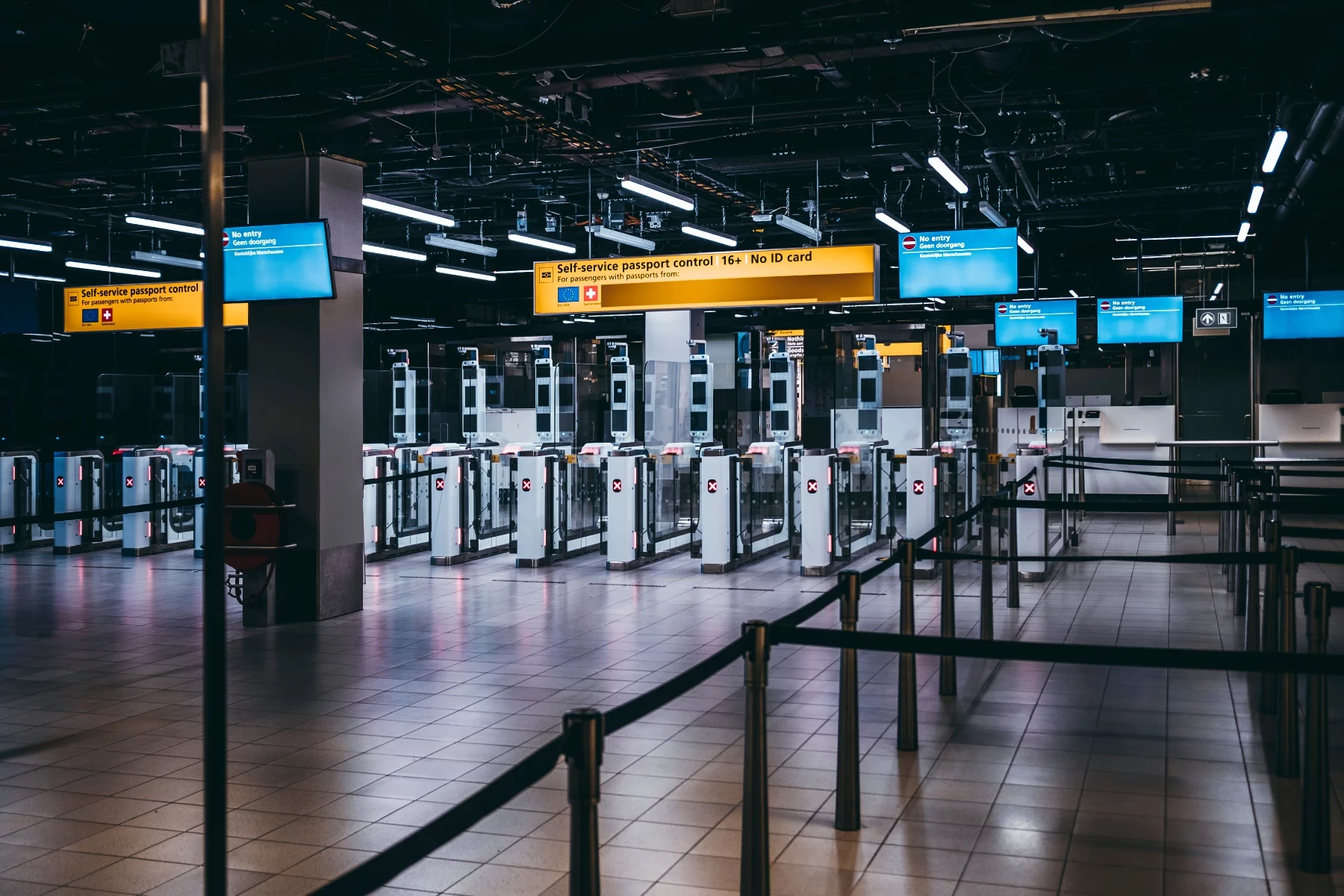
As with other types of Dutch permits and work visas in other European Union (EU) member states, the Dutch authorities operate a two-tier system when it comes to work permits.
Nationals from the EU and the European Free Trade Association (EFTA – Iceland, Liechtenstein, Norway, and Switzerland) don’t need a visa or permit to live or work in the Netherlands. Those from outside the EU/EFTA, on the other hand, usually need a residence permit for work purposes and may also need a visa to enter the country. Additionally, employers typically need to apply for a work permit (Tewerkstellingsvergunning – TWV) in order to take on non-EU/EFTA nationals.
The Dutch Immigration and Naturalization Service (Immigratie- en Naturalisatiedienst – IND) is responsible for processing applications for both work permits and residence permits in the Netherlands.
What permits are available for skilled migrants in the Netherlands?
Highly skilled migrant residence permit
Individuals who are in high-level business or academic positions can apply for a highly skilled migrant residence permit in the Netherlands. However, their employer must be listed on the Public Register of Recognized Sponsors and their salary must meet the minimum requirements, which is generally €5,008 gross per month, or €3,672 for those aged under 30 (as of 2023). There are also additional requirements for certain positions; for example, you must enter into the BIG register if you are a healthcare professional.
The permit is usually valid for the length of your employment contract up to a maximum of five years and is renewable.
EU Blue Card
The EU Blue Card enables highly qualified workers with an academic degree to work in the Netherlands for at least 12 months. Again, their salary must meet the minimum requirements (€5,867 gross per month as of 2023). One of the big advantages of the EU Blue Card is that it can be used for work across the EU/EFTA area.
EU Blue Cards are valid for the length of the employment contract up to a maximum of four years and are renewable.
Intra-corporate transferee (ICT) residence permit
An intra-corporate transferee (ICT) residence permit enables managers, specialists, and trainees of overseas companies to come and work in a Dutch branch of the company. Employees must have sufficient skills and qualifications for their positions and must meet the minimum salary requirements.
As of 2023, these are currently:
- €5,008 gross per month for managers and specialists aged 30 and above
- €3,672 gross per month for managers and specialists aged under 30
- €1,934.40 for trainees (or €2,089.16 including holiday allowance)
It costs €350 to file an application for your ICT residence permit.
Once approved, your permit is valid for the length of the employment contract up to a maximum of three years (or one year for trainees).
Researcher residence permit
The researcher residence permit allows individuals to carry out research work in the Netherlands – be it paid, unpaid, or as part of a Ph.D. – with an organization that is on the Public Register of Recognized Sponsors. Applicants must be educated to degree level and must earn a minimum salary as of 2022, is €1,354.08 gross per month for a paid position (as of 2023).
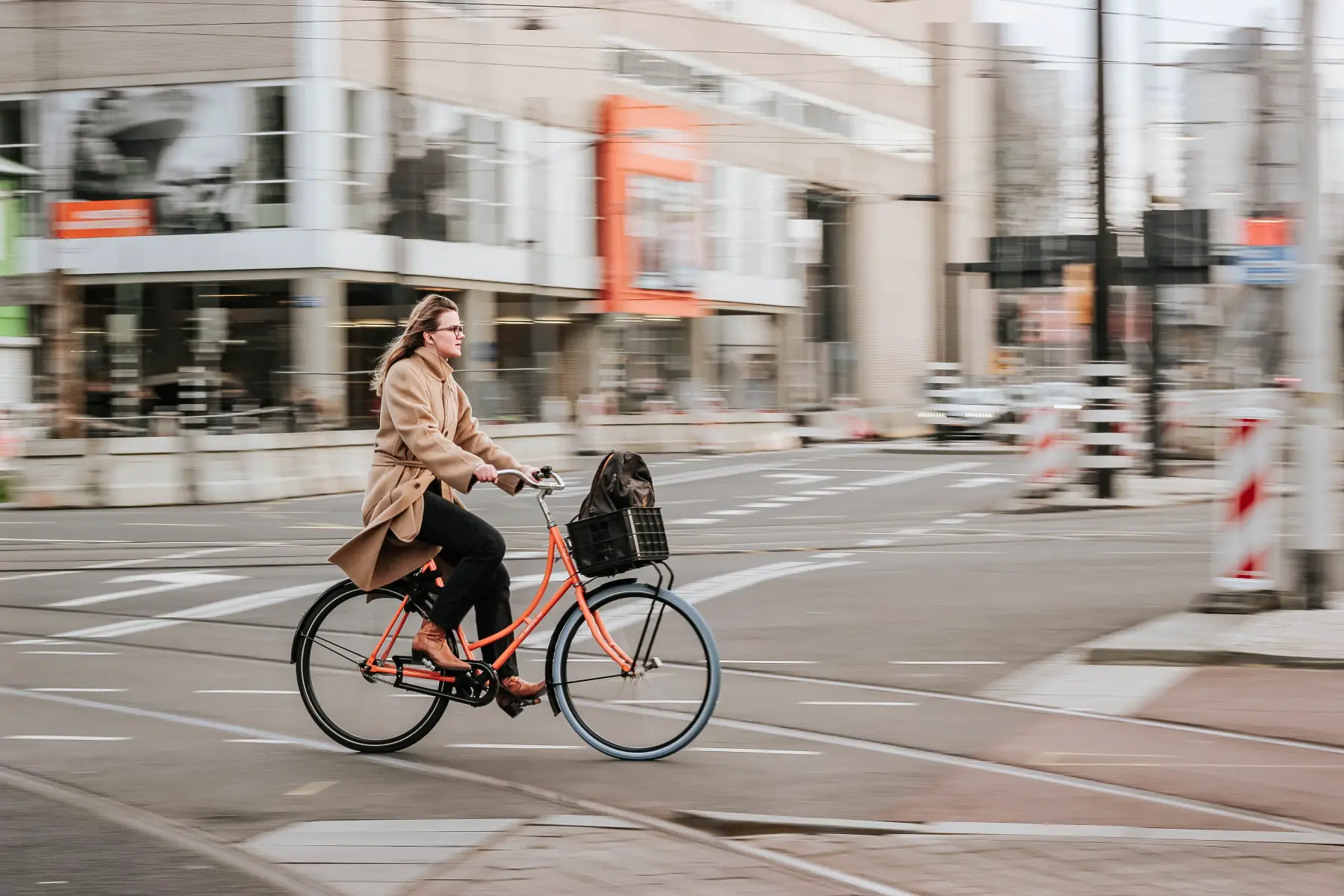
This permit is valid for the length of the research up to a maximum of five years and is renewable.
Self-employed and start-up residence permits
There are two permits available if you want to start your own business or work as a freelancer in the Netherlands. These are:
To apply for either of these, you will need to demonstrate the validity of your idea, its benefit to the Dutch economy, and your skills and experience in this field. You will also need to earn a minimum income from your business. As of 2023, this is €1,462.41 gross per month, including holiday allowance.
To apply for the self-employed residence permit, you need to score at least 90 points on the Dutch scoring system. This measures personal experience, business plan, and value added to the Dutch economy. Start-up permits enable individuals with a particularly innovative idea to set up a registered business in the Netherlands, and they will need to sign up with a business facilitator who will help them develop it.
The self-employed residence permit is initially valid for two years but is renewable if the business is successful. The start-up permit, on the other hand, is valid for one year, after which you can switch to the self-employed residence permit.
Orientation year residence permit for highly educated people
The orientation year residence permit is designed for those who have graduated, completed a Ph.D., or performed scientific research in the Netherlands and wish to stay in the country to find work or start their own business. You can also apply for this permit if you have completed postgraduate studies at a highly ranked international educational institution and have sufficient English or Dutch language skills.
This permit is valid for one year. After this time, you can switch to one of the other types of permit mentioned above if you have found a position that enables you to.
Who can apply for a highly skilled migrant residence permit in the Netherlands?
This type of permit is available to non-EU/EFTA nationals who meet the requirements for the permit category they are applying in. Typically, this means that they have a confirmed job offer or placement from a Dutch employer or sponsoring organization and meet the salary requirements. Notably, you do not need to meet these requirements when applying for a self-employed or orientation year residence permit.
In most cases, applicants need a visa to enter the Netherlands. This is known as a provisional residence permit (machtiging tot voorlopig verblijf – MVV). However, nationals from the following nine countries can enter the Netherlands without an MVV. They will just need a residence permit if they plan to stay in the country for more than three months:
- Australia
- Canada
- Japan
- Monaco
- New Zealand
- South Korea
- United Kingdom
- United States of America
- Vatican City
Notably, nationals from EU/EFTA member states don’t need a visa or residence permit to work in the Netherlands and can move freely.
How to apply for a highly skilled migrant residence permit
Where to apply
In most cases, the employer or sponsoring organization will apply for a highly skilled migrant residence permit in the Netherlands, on behalf of the employee. They will submit an application for your MVV/residence permit to the IND.
They will also apply for a work permit from the Dutch Employee Insurance Agency (Uitvoeringsinstituut Werknemersverzekeringen – UWV). In many cases, employers can now apply for a simplified single permit (gecombineerde vergunning voor verblijf en arbeid – GVVA) from the IND. This permit combines both your residence and work permit.
You can pick your permit up from your local IND office shortly after arriving in the Netherlands. If you need an MVV to enter the Netherlands, you can pick this up from the Dutch embassy or consulate in your home country before you travel.
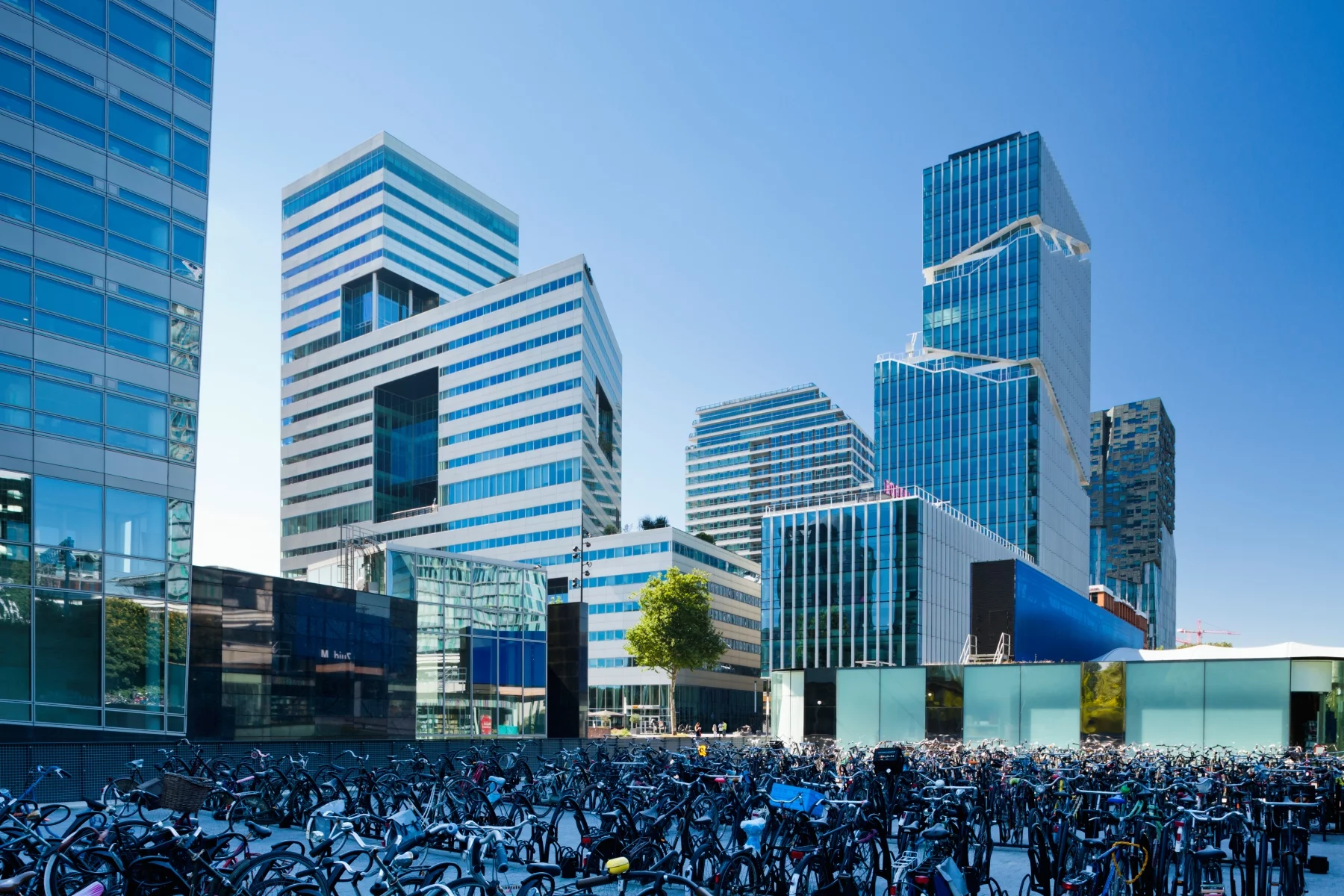
It is important to note that for self-employed and orientation year permits, you need to apply yourself from either the Dutch embassy, the consulate in your home country, or the IND if you are already in the Netherlands.
One way to make your application run more smoothly is by enlisting the help of an immigration lawyer. Kroes Advocaten, for example, specialize in helping newcomers with Dutch immigration law, including highly skilled migrant permits.
Documentation needed
You will usually need to provide copies of the following documents to apply for the permit:
- Valid passport or travel ID
- Two passport photos
- Confirmation of a job offer/placement from a recognized sponsor that meets the minimum salary requirements; for example, an employment contract
- Health insurance coverage (if you don’t have this, you will need to arrange it within four months of arriving in the Netherlands)
- Criminal record check
- Sponsorship declaration form (for non-recognized sponsors)
- Tuberculosis (TB) test results (you are exempt from this if you travel from certain countries)
For certain applications, you may need to provide additional documentation, such as:
- Proof of educational qualifications for the researcher residence permit
- Your CV detailing education and experience for the ICT residence permit
- Evidence of professional license or qualifications if practicing a regulated profession
Permit application fees
Current permit fees are:
- €350 for a highly skilled migrant residence permit and EU Blue Card
- €210 for a researcher residence permit
- €350 for a self-employed residence permit
- €350 for a start-up residence permit
The employer normally pays the fees for the ICT permit.
You will normally receive a letter from the IND requesting payment shortly after receipt of the application. This will include details of how and where to pay.
How long it takes
The IND will process your application within 90 days. However, in certain circumstances, employers can make fast-track applications that take just 15 days to process. If the IND grants your permit, you can collect your MVV (if needed) from the Dutch embassy or consulate in your home country. This is by appointment and you will have to give your biometric information.
Once you arrive in the Netherlands, you should be able to pick up your residence permit within two weeks.
Working on a skilled migrant permit in the Netherlands
You can usually work as soon as you arrive as a highly skilled migrant in the Netherlands. If you have applied for an MVV, you will show this at border control when you arrive. Otherwise, you can collect your permit from the IND shortly after arriving. You can exchange your MVV for a long-stay residence permit at your local IND office anytime within the first 90 days of arriving.
All residents also need to register with their local authority within three months of their arrival. This means they will enter into the Personal Records Database (Basisregistratie Personen – BRP) and will get a citizen service number (burgerservicenummer – BSN). This is needed for many things including social security and tax purposes.

You will need to inform the IND of any changes which may affect your Dutch residence purposes. This includes changing jobs, becoming unemployed, leaving work to enter full-time study, or family members wanting to join you.
If you become unemployed, you usually have at least three months to look for a new job that meets the requirements for one of the Dutch work permits. You may also have to change your residence permit if you get a new job or leave your job to go and do something else in the Netherlands.
When your residence permit is due to expire, you can apply to renew it through the IND three months before the expiration date.
Residence permits and citizenship for skilled migrants in the Netherlands
You will have either a temporary residence permit or GVVA (combined temporary residence permit and work permit) for your first five years in the Netherlands. Once you have been in the country for five years, you may be eligible to apply for permanent residence in the Netherlands or even full Dutch citizenship as long as you meet all the requirements.
Once you are a citizen or permanent resident, you will receive additional rights and won’t need a work permit for employment. This means that you can change jobs freely.
Family reunion for skilled migrants in the Netherlands
Highly skilled migrants in the Netherlands can be joined by spouses/partners and children aged under 18. These family members can apply for their permits at the same time if everyone is traveling to the Netherlands together, or apply for a family reunion residence permit at a later date. The cost is €210 for spouses/partners and €70 for children.
Family members usually have the same rights as the relatives they are joining. For example, they will have the right to work, although their employer will usually need to apply for a separate work permit (TWV).
If your family member is from a country in the EU/EFTA, they won’t need any visa or permit and can travel freely under the EU free movement rules.
Useful resources
- Immigratie- en Naturalisatiedienst (IND) – deals with all issues concerning work and residence permits in the Netherlands
- Rijksoverheid – the Dutch government website
- Uitvoeringsinstituut Werknemersverzekeringen (UWV) – the Dutch Employee Insurance Agency that issues work permits in the Netherlands (website in Dutch)
